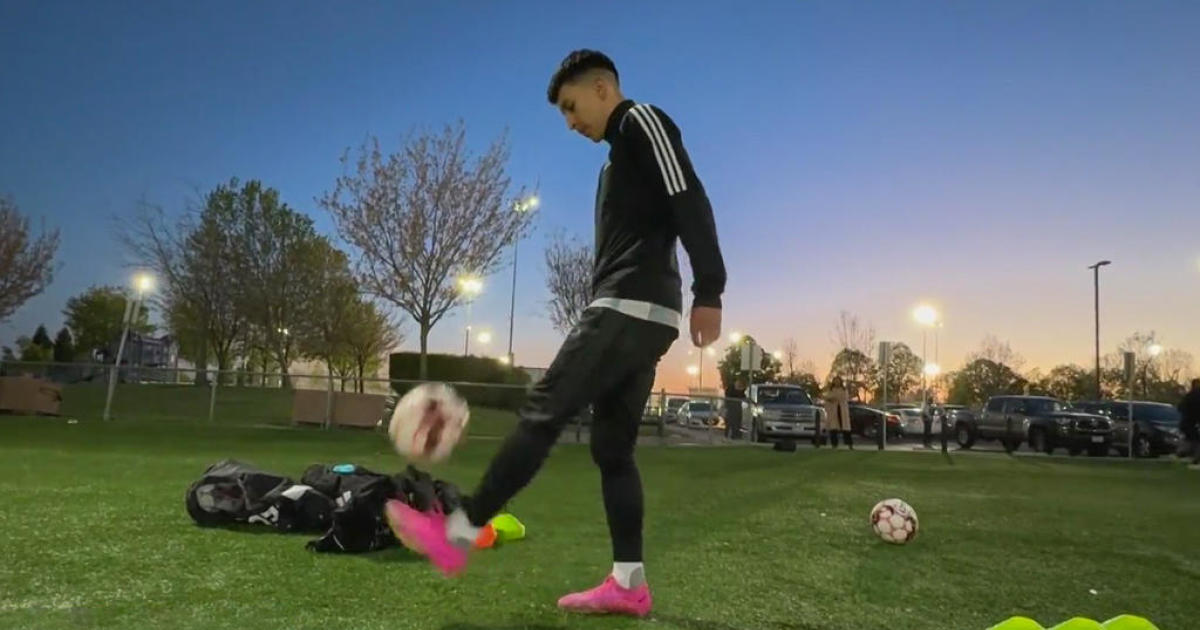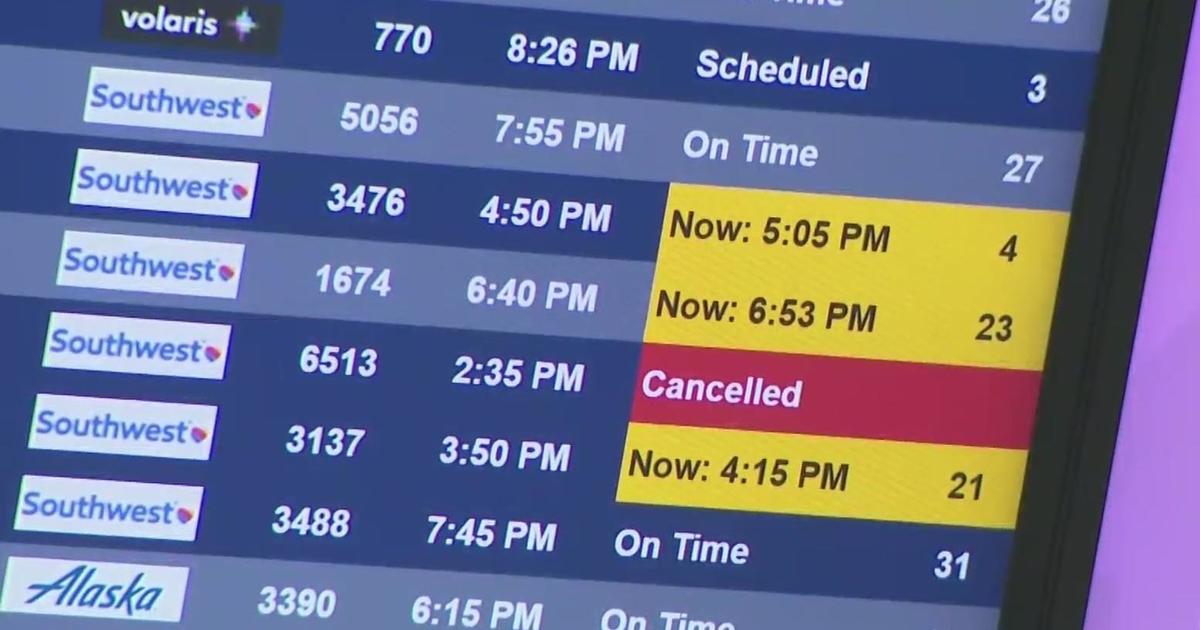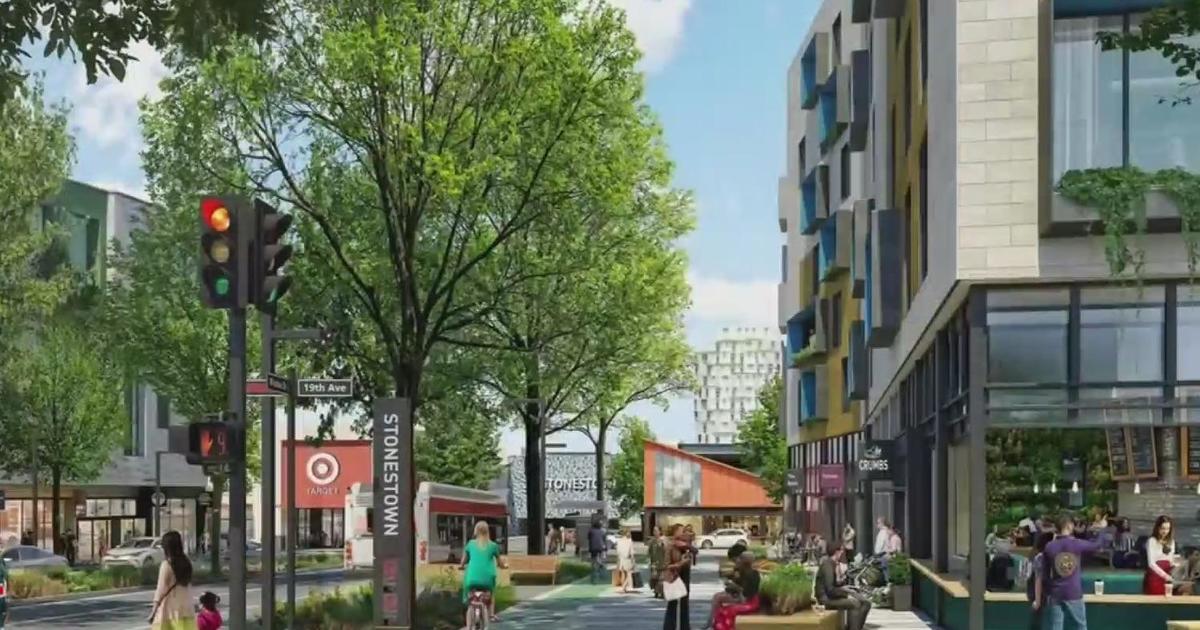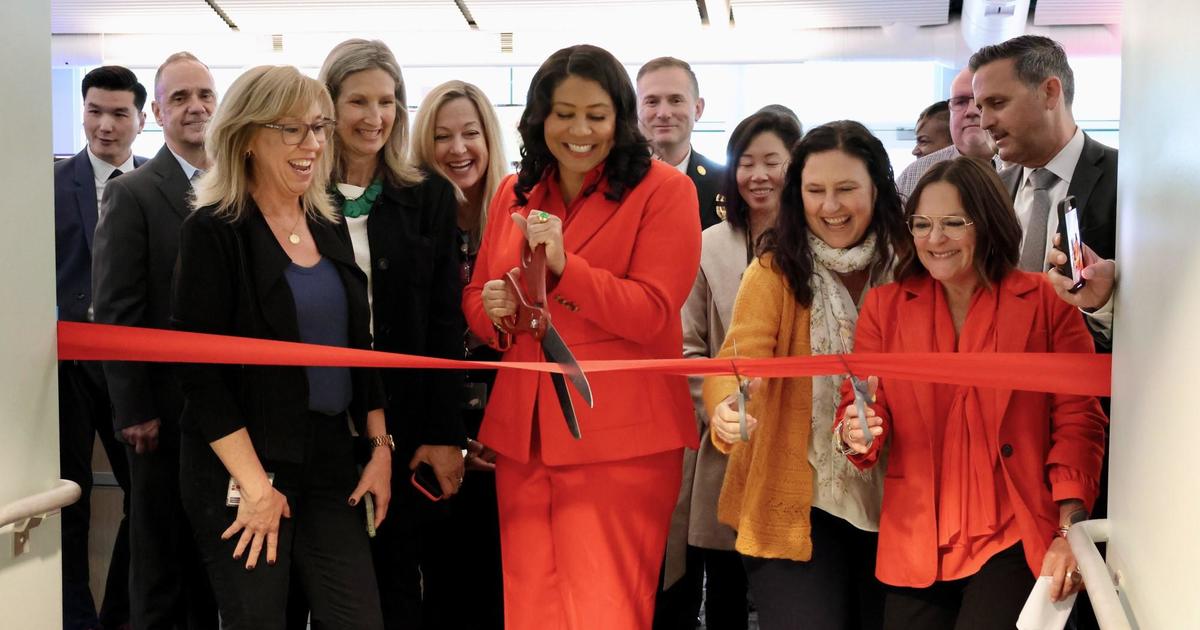Scientists Create 'Prosthetic Memories' In Groundbreaking Brain Research
SAN FRANCISCO (KPIX) -- People who have difficulty remembering things or making new memories because of a stroke, brain injury or illness may one day benefit from the amazing results of a new study that helps patients make new memories.
From stroke to dementia to even pharmaceutical drug-induced memory issues, more than one million Americans are diagnosed each year with a chronic brain disease or disorder that's causing moderate to severe memory loss.
"Without our memories, we lose our sense of self," remarked neuroscientist Professor Robert Hampson of Wake Forest Baptist Medical Center.
"The problems with memory are probably more prevalent than any of us realized," explained neural engineer Professor Ted Berger of the University of Southern California's Viterbi School of Engineering.
Now, two teams of scientists may have discovered a way to restore your ability to make new memories - or strengthen what you do remember - by hacking into the brain, discovering or revealing the neural codes involved in the encoding of a new memory, and writing a mathematical code to use to boost it.
It's called a Prosthetic Memory.
"We're trying to bypass or support the normal memory and coding function in the brain," said Hampson, who headed the jaw-dropping study.
In it, a small group of patients with epilepsy, which could not be controlled with pharmaceuticals, were involved in a research project that would implant an electrode into their brain to track the location of their seizures. They agreed to allow Hampson and his team piggyback with their prosthetic memory research project. Uncontrolled epileptic seizures can lead to memory problems. The patients had electrodes inserted into the hippocampus in the center of their brain.
"When the hippocampus is damaged, we have difficulty making new memories," explained Hampson.
The patients played a game involving memory as the electrodes recorded their brain cells in the hippocampus firing off. The brain cells or neurons appeared to fire off in a unique pattern of code.
"The content of memory is coded in a digital code and the hippocampus is the part of the brain that creates that digital code," said Berger, who along with his team was also involved in the pilot study.
Berger has studied the formation of memories in the hippocampus for more than 20 years. "What if we can strengthen the memories that people have for their family members, for people they really care about?" he asked.
Using the patients' unique codes, Berger designed a mathematical model that predicts how the codes fire off in order to form a successful memory.
"By recording the cell activity from the brain which is what Wake Forest does, and by looking at those recordings with the mathematical models that we do, then together we can identify those neural codes and we can see them for the first time," said Berger.
Using the electrodes, Hampson and his team played each patient's unique code back into their own brain.
The codes boosted the patient's short-term memory by 37 percent; and in a second test, boosted their long-term memory by 35 percent.
"We were surprised at how successful we were," said Hampson.
More studies with larger groups of patients need to be done to replicate the results. The hope is that if larger studies confirm the benefit, that one day a tiny pacemaker will be implanted in the brain of patients to help make new memories or strengthen and reinforce the ones they already have.
The project funded is funded by DARPA, the Defense Advanced Research Projects Agency, part of the U.S. Department of Defense.
For those who want to raise funds, support, and awareness for individuals with epilepsy and their families, on Saturday May 19th you can join teams at Six Flags Kingdom for the 26th Annual Epilepsy Awareness Stroll



